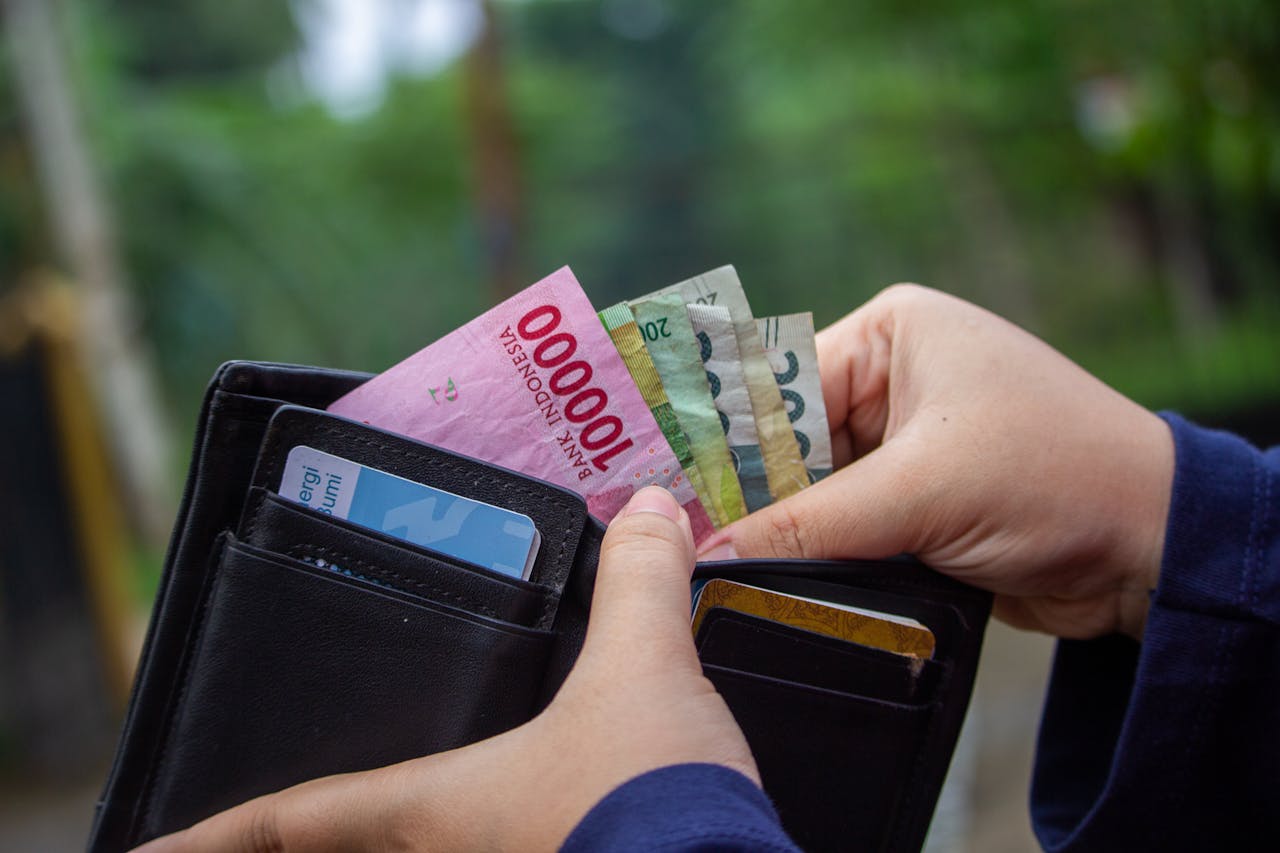The Ministry of Finance (Kemenkeu) has added plans for rupiah redenomination to its 2025–2029 Strategic Plan (Renstra). This marks the return of discussions on removing zeros from the national currency after more than a decade of inactivity.
The plan is outlined in Minister of Finance Regulation (PMK) No. 7 of 2025, issued on October 10, 2025, and effective upon publication. The regulation states that redenomination is necessary to improve economic efficiency and strengthen national competitiveness. “Urgency in implementation, economic efficiency can be achieved through increasing national competitiveness,” the document reads.
Purpose and Targets of Rupiah Redenomination
Kemenkeu views redenomination as a policy to sustain economic growth, stabilize the rupiah, and protect public purchasing power. It is also expected to enhance the credibility of the rupiah in the eyes of economic participants.
The draft bill on the Change of Rupiah Value will be coordinated by the Directorate General of Treasury (DJPb) and is targeted for completion by 2027. The government anticipates a phased preparation and consultation process, although detailed steps have not yet been disclosed.
History and International Experiences of Redenomination
Redenomination proposals are not new in Indonesia. A similar bill was submitted to the House of Representatives (DPR) in 2013, aiming to remove three zeros from banknotes. That initiative was postponed due to the economic situation at the time.
Several countries have successfully implemented redenomination. Turkey removed six zeros from its lira in 2005 to simplify the currency after decades of high inflation. Other countries, such as Russia, Poland, Ukraine, Peru, Bolivia, and Mexico, also conducted redenomination by removing multiple zeros in one or more phases. Indonesia’s plan aims only to simplify currency without affecting its value.
Support, Concerns, and Economic Considerations
Some experts support redenomination for its operational and efficiency benefits. Shubham Chaudhuri, Lead Economist at the World Bank for Indonesia, said it shows Indonesia is ready for new challenges. BEI CEO Ito Warsito added that the process will simplify IT and data management for stock trading and accelerate transaction settlements, including for foreign investors.
Other experts stress caution. Nurhaida from OJK urged government support from all economic actors, while Mirza Adityazwara noted that the economy and politics must be stable and inflation low. Lana Soelistianingsih emphasized infrastructure readiness to prevent inflation caused by rounding small denominations. Airlangga Hartarto said the policy may affect the 70 million low-income population and create perceptions of reduced money value.
Infrastructure and Public Socialization for Successful Implementation
Redenomination requires proper infrastructure and public education. Bank Indonesia plans to issue rupiah down to sen units to prevent price rounding, and all prices will be displayed in old and new rupiah for transparency.
Experts highlighted the importance of socializing redenomination across cities, rural areas, and border regions. This ensures public understanding and avoids confusion between redenomination and sanering, as the value of money remains unchanged despite the removal of zeros.
PHOTO: PEXELS
This article was created with AI assistance.
Read More






 Friday, 27-02-26
Friday, 27-02-26







